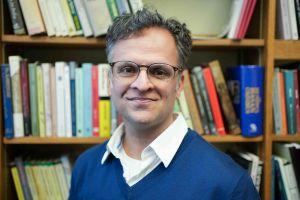
Arafaat A. Valiani
Associate Professor
History
Email: valiani@uoregon.edu
Phone: 541-346-5763
Office: 301 McKenzie Hall, 1288 University Of Oregon, Eugene OR 97403-1288
Office Hours: Tuesday, Thursdays 11:30am-1:00pm, and by appointment.
Website: http://www.arafaatvaliani.com
